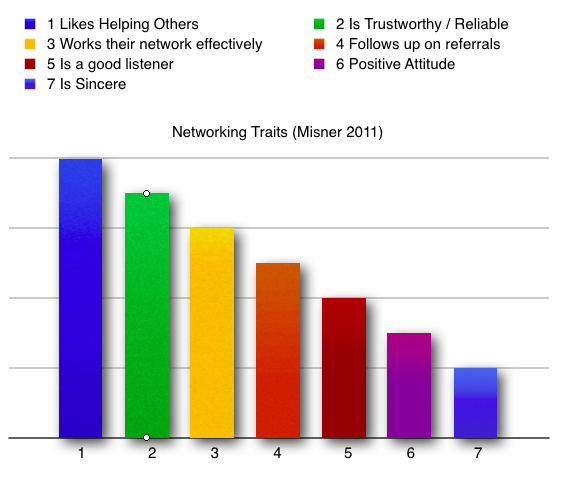Why?
“I inspire others to do what inspires them”, Simon Sinek says in his famous TED talks and world wide presentations. Simons model, the golden circle, teaches organisations to speak to the why, rather than explain just what they do. If you do however wonder what Simon does, he conducts leadership training for organisations, and also teaches leadership at Columbia University in New York. You can read more about Simon here. This week, I had the pleasure of meeting Simon in person at BusinessChicks in Sydney. BusinessChicks is a women’s network headed by Emma Isaacs, and they often host fantastic events with top notch speakers Australia wide.

Simon really inspires me. Not because of what he does, but because of what he says. You can read his blog here, and you will quickly understand that Simon has learnt to speak to the why.
Buried within the cerebrum the limbic system, often referred to as the “emotional brain”, support and control our emotions, our behaviour, and our long term memory (Campellone 2011). The limbic brain also controls our decision making, and visionaries and leaders who inspire action, are often people who speak to the limbic brain (Sinek 2010). Driven by cause, purpose and belief, some entrepreneurs who speak to the ‘why’ and thus inspire people who believe the same as what they believe. According to Sinek (2010), this ability is what sets companies and people such as Steve Jobs and Apple, Richard Branson and Virgin, Martin Luther King and the Civil Rights Movement, apart from others. They create a vision and image based on their own passion.
With this backdrop, I would like to share my vision with you. I believe that what people want the most, is for their dreams to come true. Too often however, fear of failure or success hold people back from realising their dreams. Another inspiration to me, Sir Ken Robinson, explain that the reason for this is because people grow up being taught what not to do or to conform rather than to do what makes them happy. This he says, stifles creativity. Similar to myself Robinson battles the unsexy stigma of education as an occupation. We fight beliefs such as ‘academia is for people who cant do’ or ‘education is for people who don’t know’. None the less, when people are asked about their education, they are sensitive, either stating how good it is, or excusing how limited it is. But education does not come from academia. There is a learning experience in everything you do. It’s just that we rarely stop to contemplate what we actually learn from the situations we put ourselves in. And then of course, you always come across those who never learn. I know thats not you.
We all however let our personalities shape at least one area of our life where we never learn, or should I say never change. However most of use are ready for change. Most of us are changing and working towards something bigger and better. That is the human in us, that is biology leading us in the right direction. We all know what we are dreaming about. We all know where we want to go. What we don’t know, is how to get there. And for that reason, we let ourselves scare. If only we dreamt out loud, if only we told people what we really honestly wanted, and then went to go for it, we would have our dreams come true. And this is why Robinson and Sinek both inspire me so much. Because they have taught me to feel comfortable about my dreams. Because when I found them I realised there are people out in the world who believe exactly what I believe. Because I have learnt to dream out loud, by believing in myself, and by stepping up to the challenge when things become uncomfortable.
So, if you don’t know it already, if you don’t know what it is that I dream about, here goes:
“My vision is to offer the most innovative and engaging education programs available – in the eyes of my stakeholders, communities and individuals”.
As a result, through DIA’s programs and services, I will add to life’s enjoyment by helping people develop to the best of their abilities which will help me develop to the best of my abilities.
This will testimony my leadership in offering education programs that enable and transform the way people and business find, manage, interact and communicate with one another, and thus make me part of a company that understands and satisfies the education, entertainment and self-actualization needs of our stakeholders.
In short, my dreams are realized through yours. Why? Because it makes me feel happy, balanced, and important. I love helping others.
And so when I met with Simon this week and asked him about his why, he said out loud the dreams I have inside. He believes what I believe, and spoke to me and my why:
“I inspire people to do the things that inspire them so that a vast majority of people come home at the end of the day fulfilled by the work they do. The ultimate goal is world peace. People who love what they do come home fulfilled and make better husbands, wives, moms, dads, children, neighbors and friends. And when we’re better people, driven by what fulfills us, there’s a better chance we’ll care about each other.”
So that I can get to know you better, what is your why?





